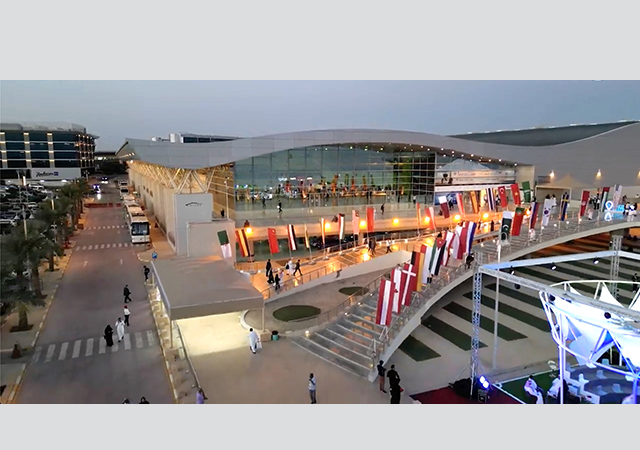
TABREED Bahrain, a world leader in district cooling, says that the large-scale use of district cooling systems in Bahrain will bring about substantial environmental benefits to the kingdom, including a significant reduction in harmful CO2 emissions (greenhouse gases).
The company has estimated that for every 10,000 tonnes of district cooling provided, the amount of CO2 emissions would be reduced by 14,700 tonnes annually.
The estimate comes as Tabreed Bahrain plans for the provision of up to 450,000 tons of district cooling to the Manama North Shore for new and existing developments by 2030.
Commenting on the project, Bernt Andersson, chief executive officer of Tabreed Bahrain, says: “One of the clear advantages of district cooling is the benefits it can bring to the environment through lower emissions of harmful CO2 and CFC (chlorofluorocarbon) refrigerants that are produced by mainstream chillers used in existing cooling systems. Refrigerants contribute the equivalent of 725 tonnes of emissions every year in Bahrain.”
Tabreed Bahrain is also pioneering the use of seawater for its district cooling projects that are under way. These include Bahrain Financial Harbour, Bahrain World Trade Centre, the Diplomatic Area and Reef Island.
“Bahrain is a party to the United Nations Framework Convention on Climate Change (UNFCCC), but with the country currently reaching very high per capita CO2 emissions, measured at 35 tonnes in 2002, there is a growing need for technology that can reduce emissions.
“The potential savings that can be brought through district cooling would be the equivalent of BD140 million ($371.5 million) between now and 2030 if traded on European carbon emission markets at current prices,” says a spokesman for Tabreed.
Andersson adds: “Without the use of energy- and environmentally-efficient district cooling systems to manage the massive new project developments in Bahrain there would be a very significant increase in emissions that will damage the environment.”
He says that district cooling systems, such as those being introduced by Tabreed Bahrain, help the environment through both increasing energy efficiency and reducing environmental emissions including air pollution, greenhouse gases and ozone-destroying refrigerants.
“District cooling can be a key strategy for accomplishing an economical and environmentally sound phasing out of harmful refrigerants. District cooling systems use ozone-friendly refrigerants and are better able to control the emissions of whatever refrigerant is used,” he explains.
In addition to the environmental benefits, the company has estimated that district cooling can reduce peak power demand across the country by up to 65 per cent.


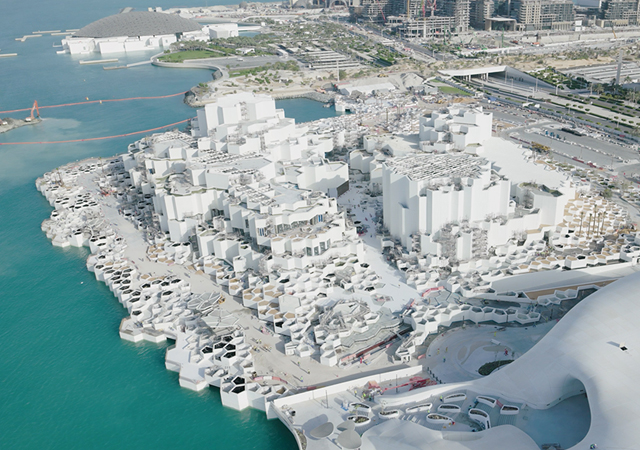
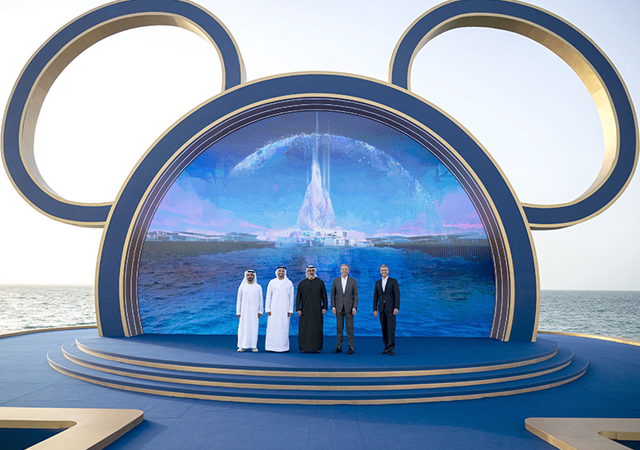
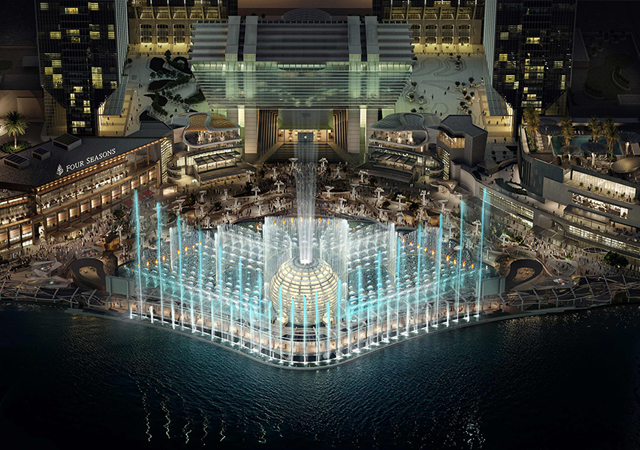
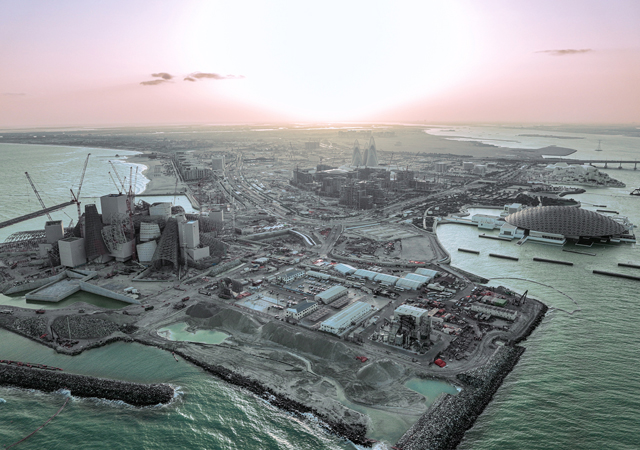
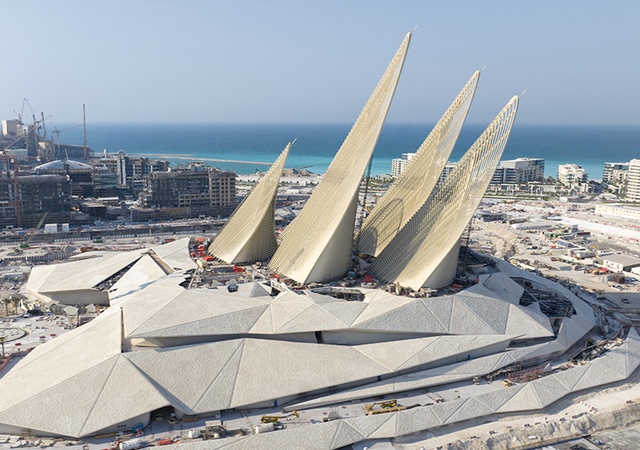
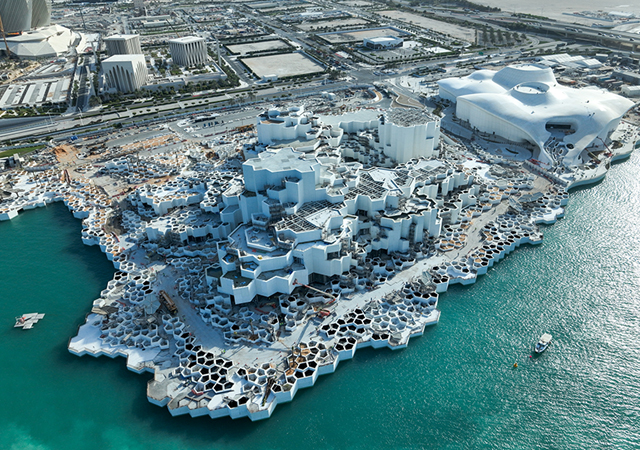
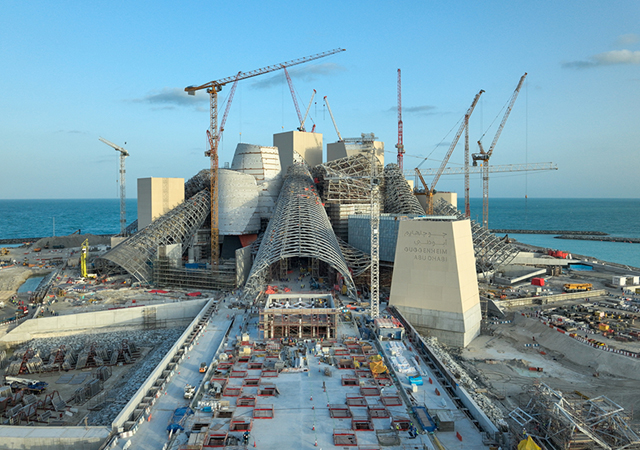
.jpg)
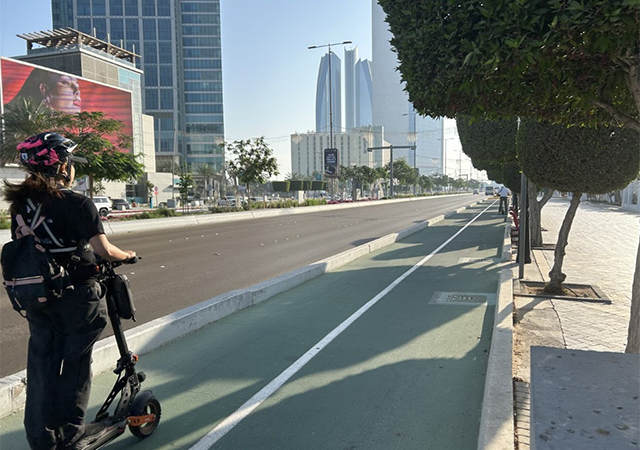
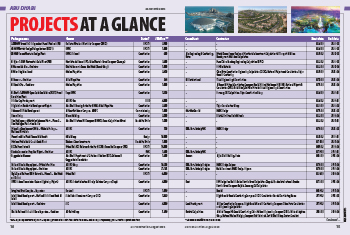


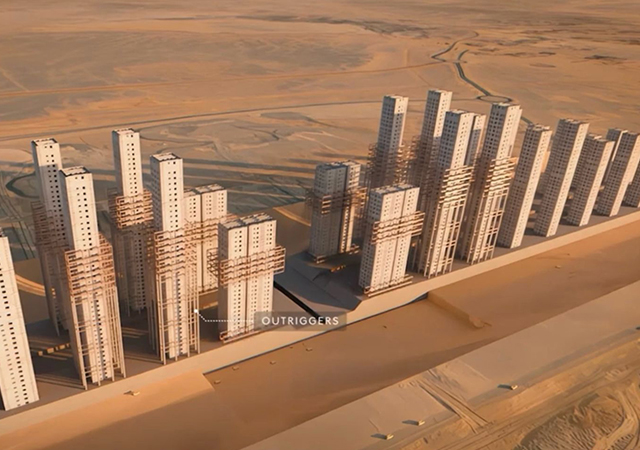
.jpg)
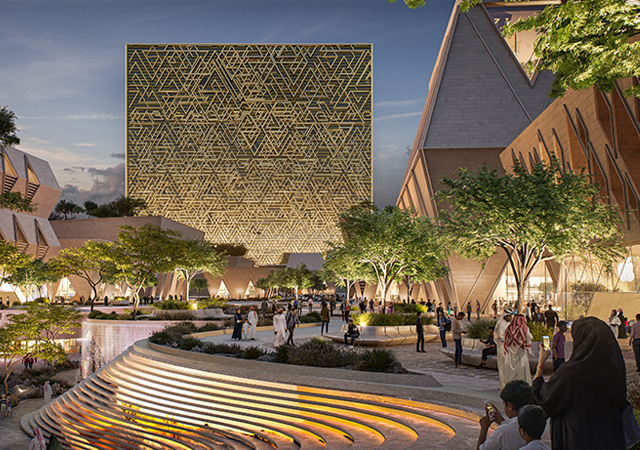
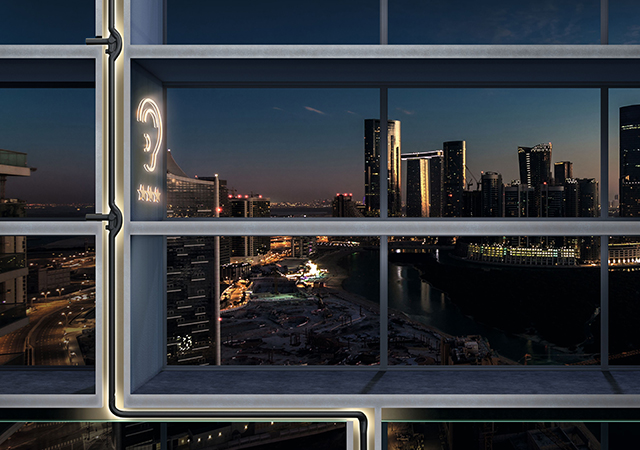
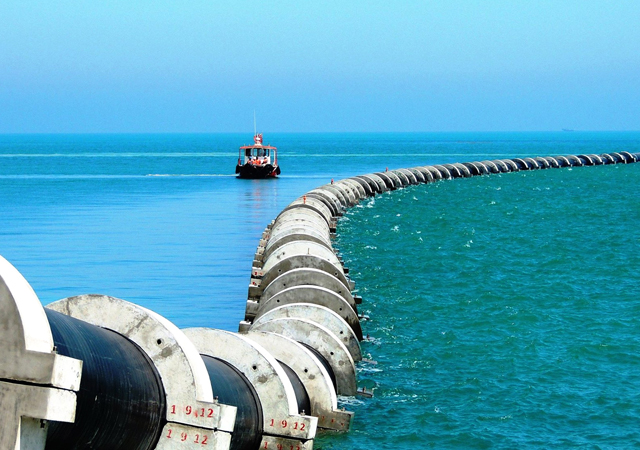
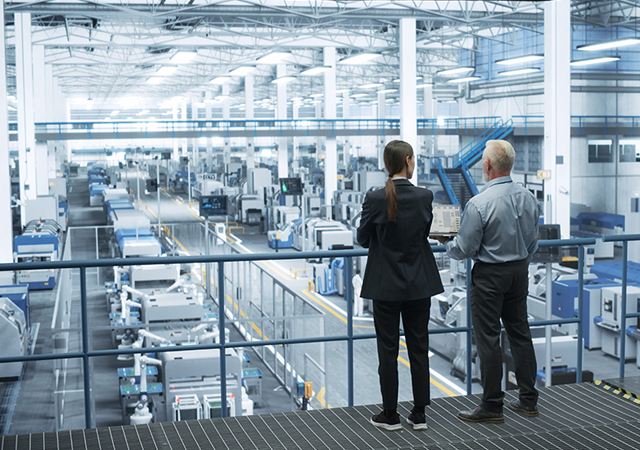


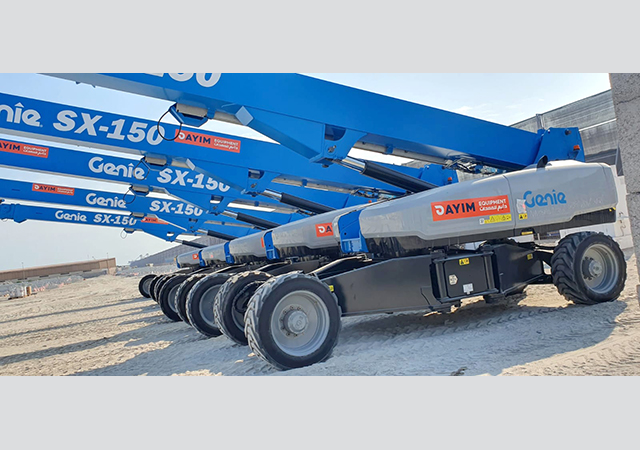
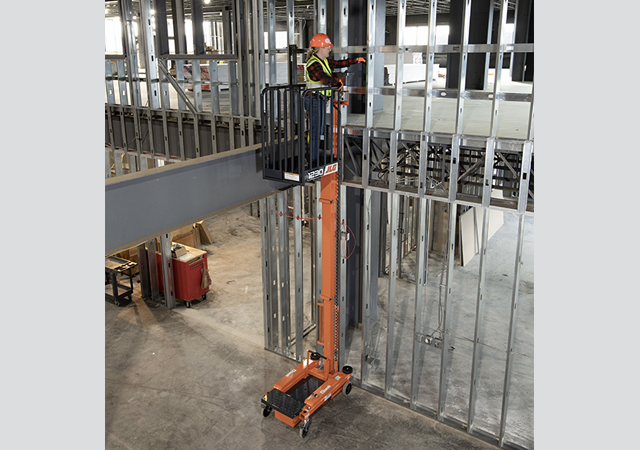
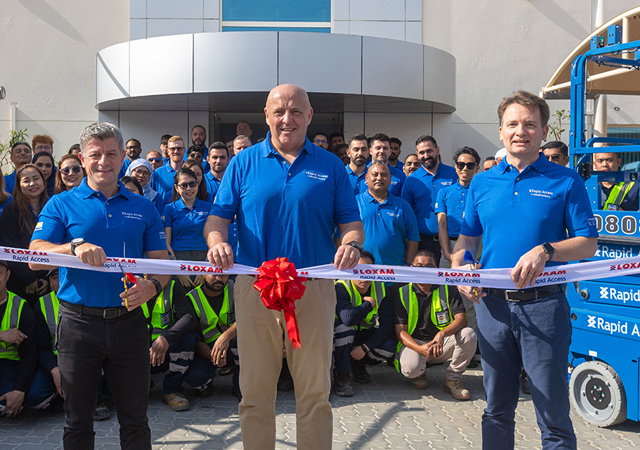
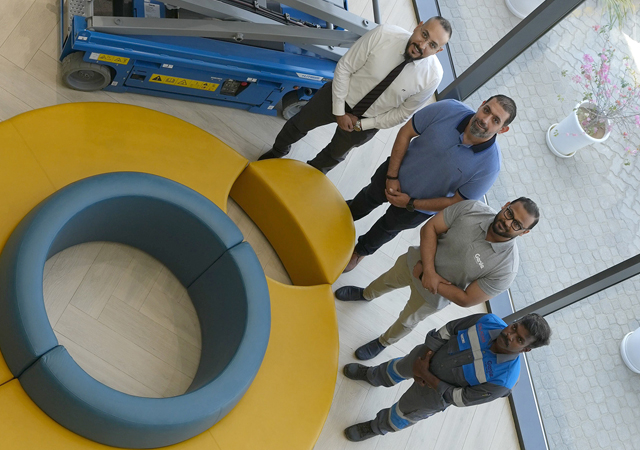
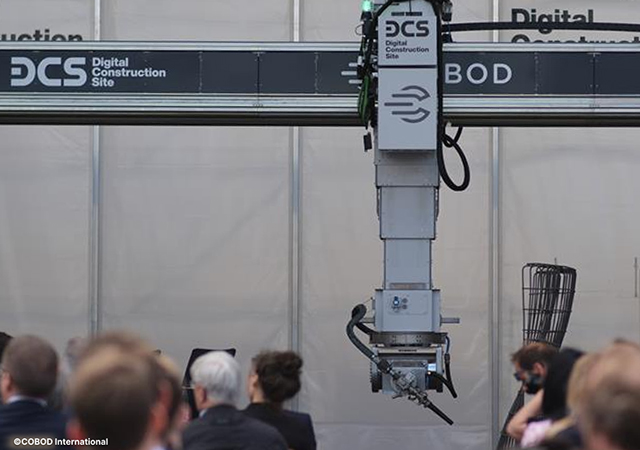
Doka (2).jpg)



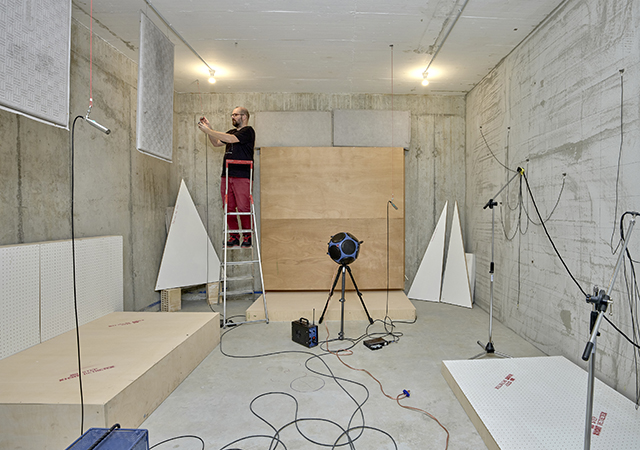
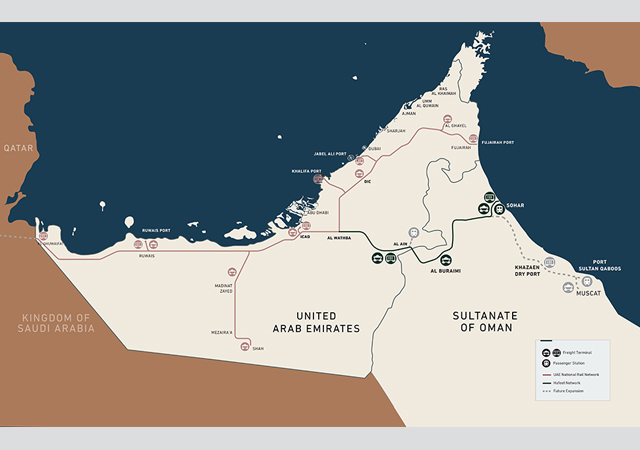

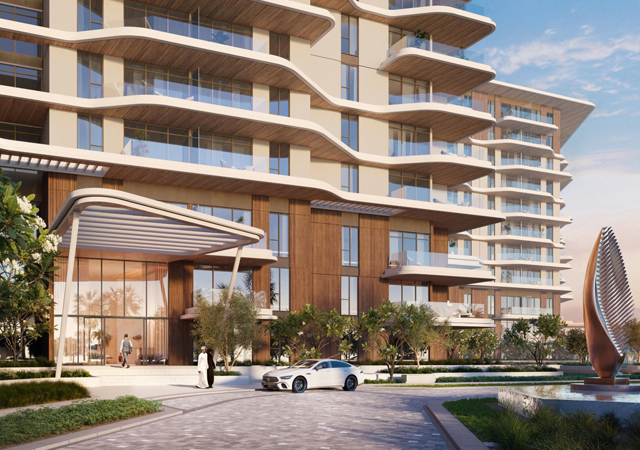

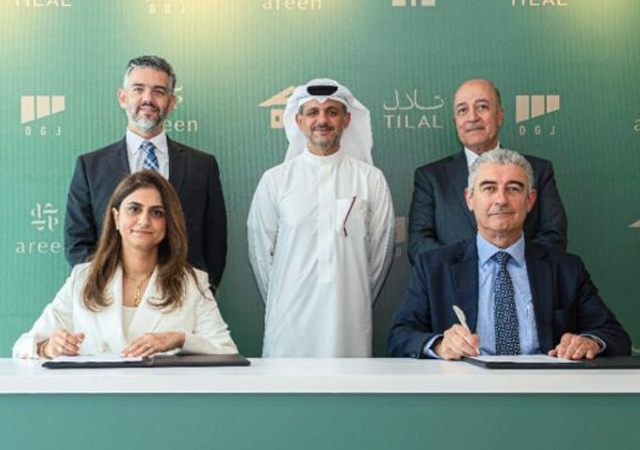
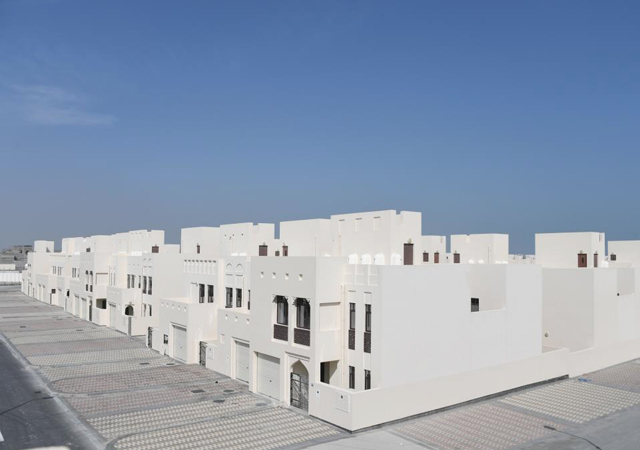
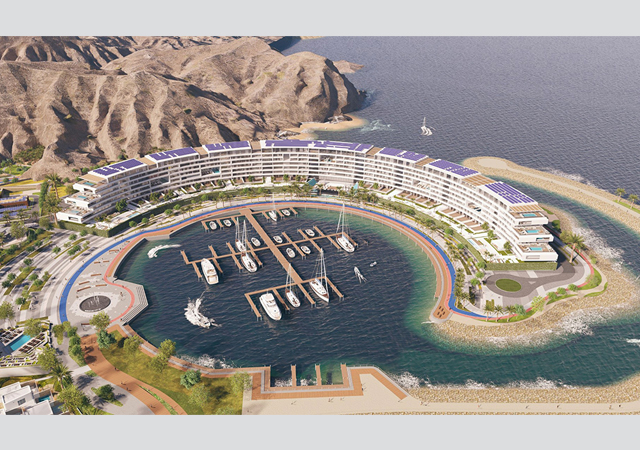
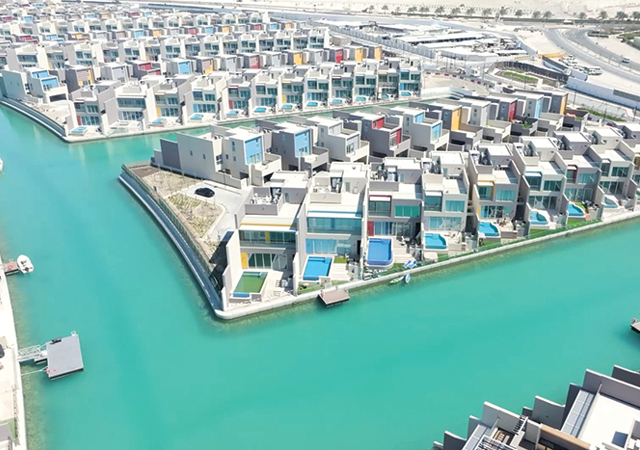
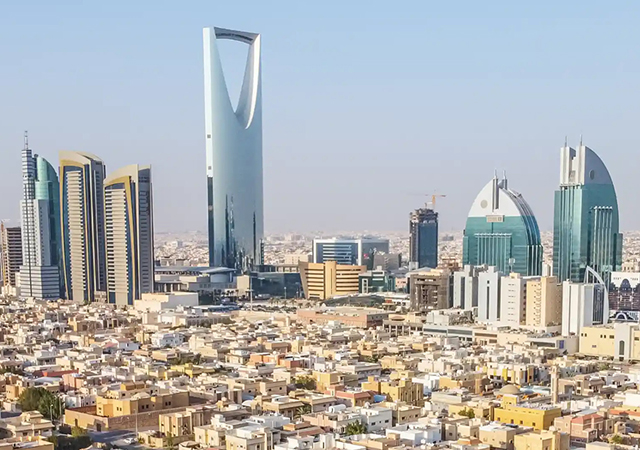
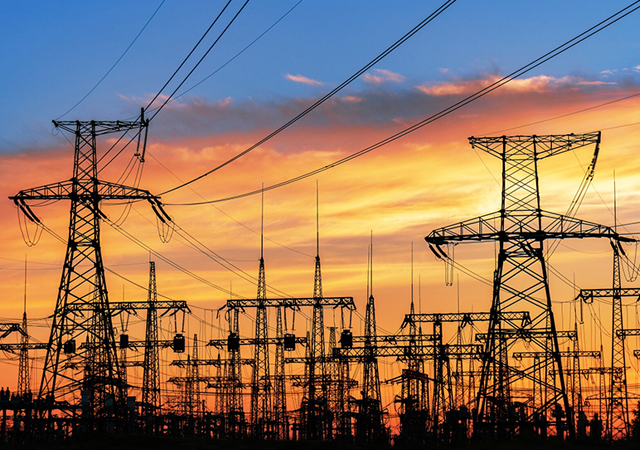

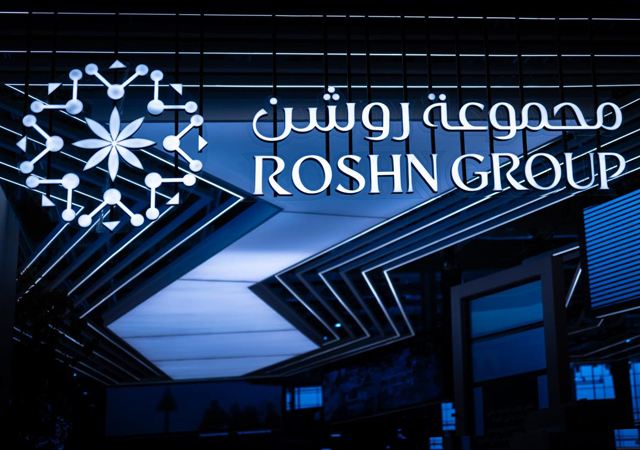
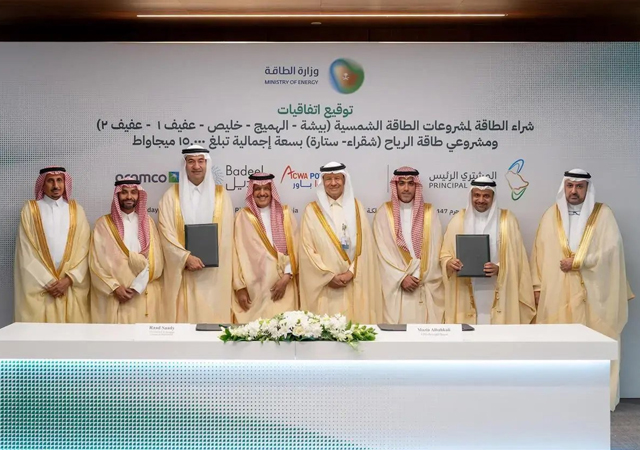
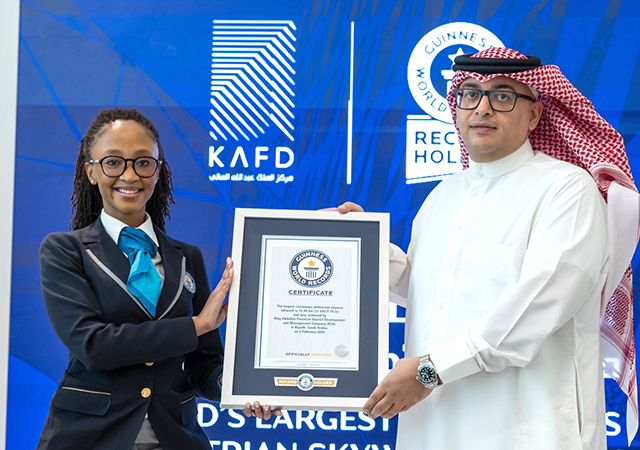
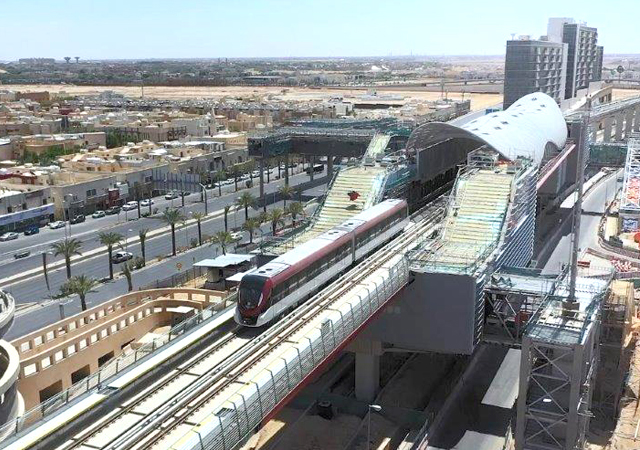
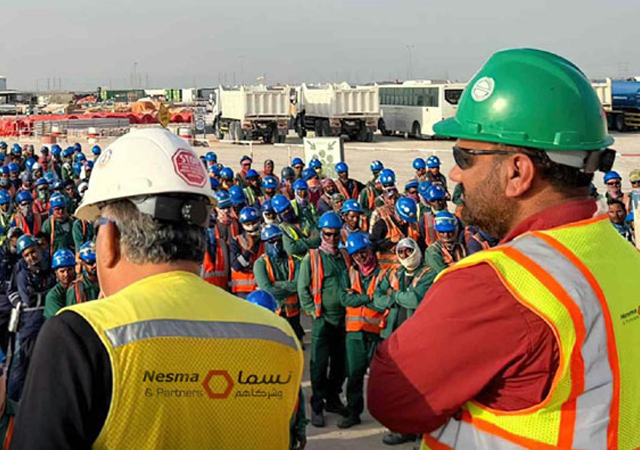
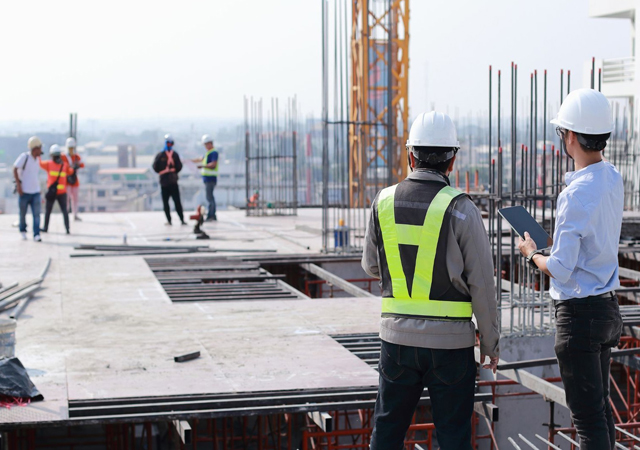
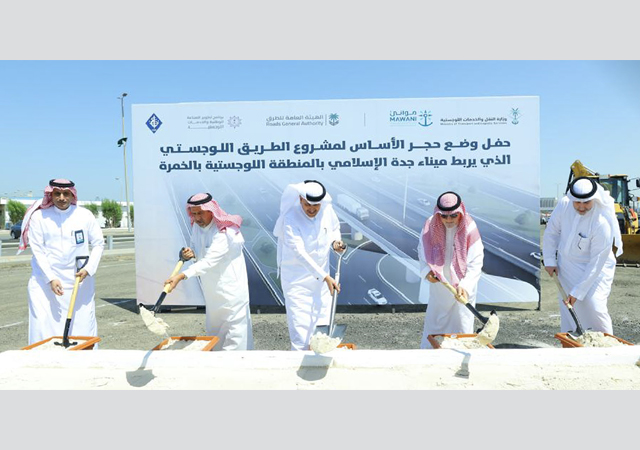
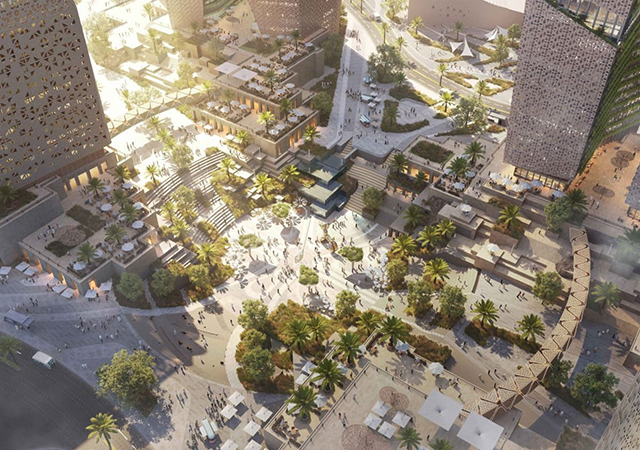

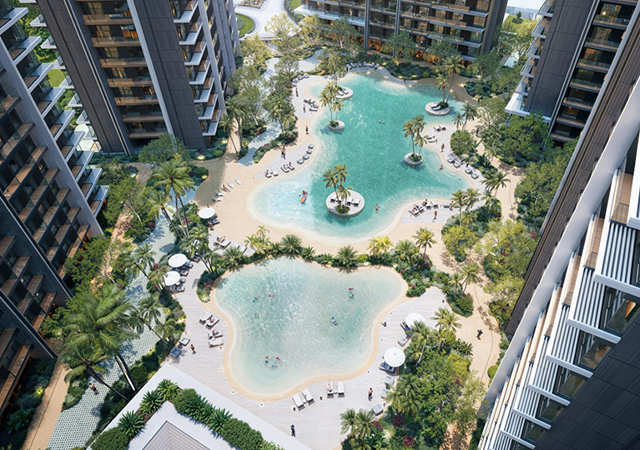
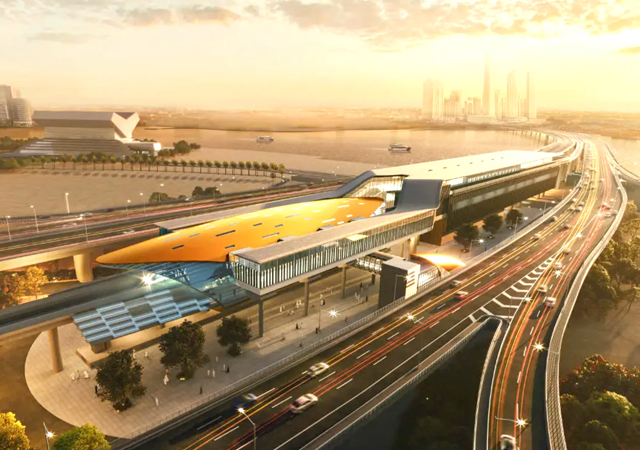
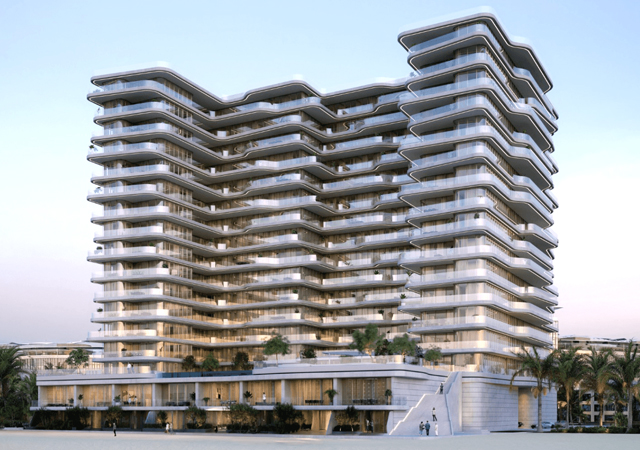
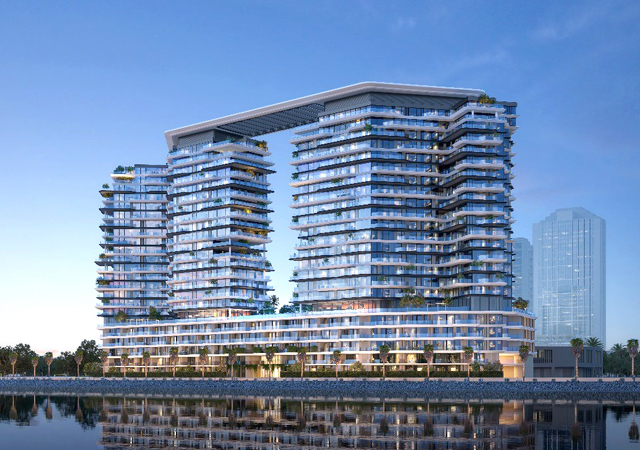
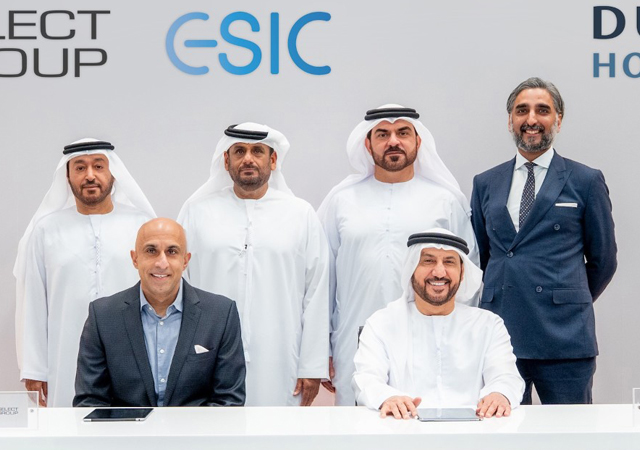
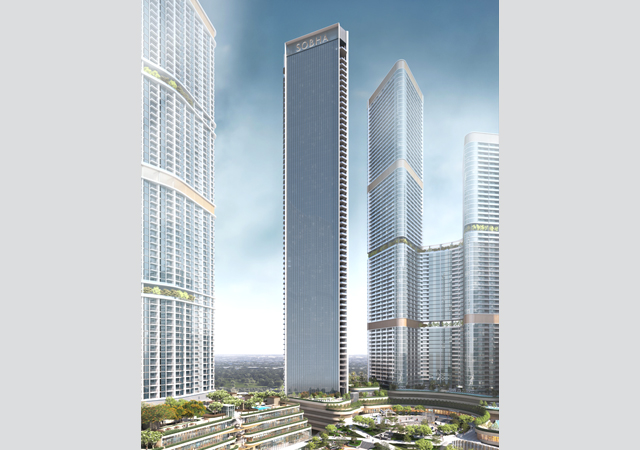
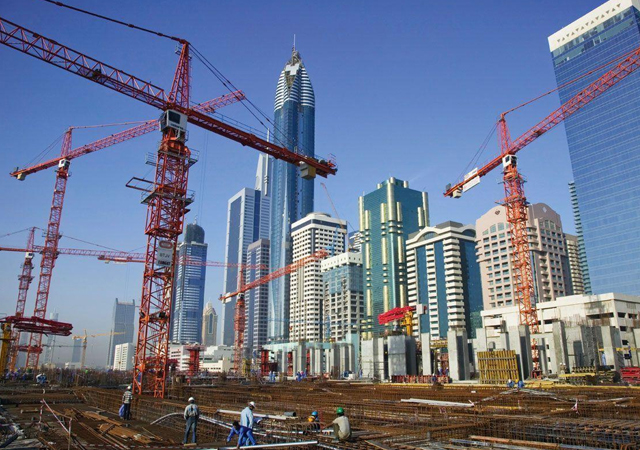

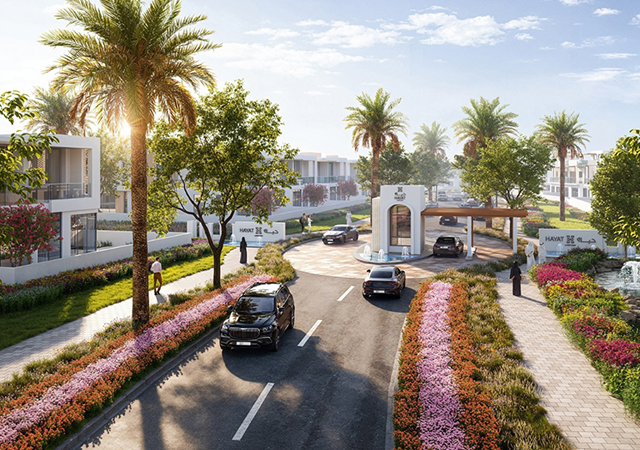
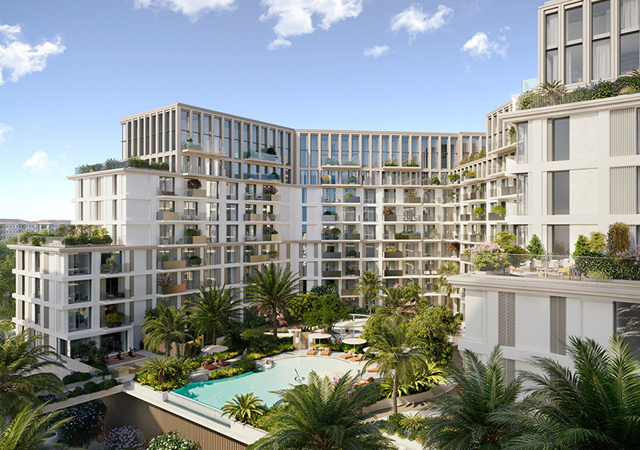
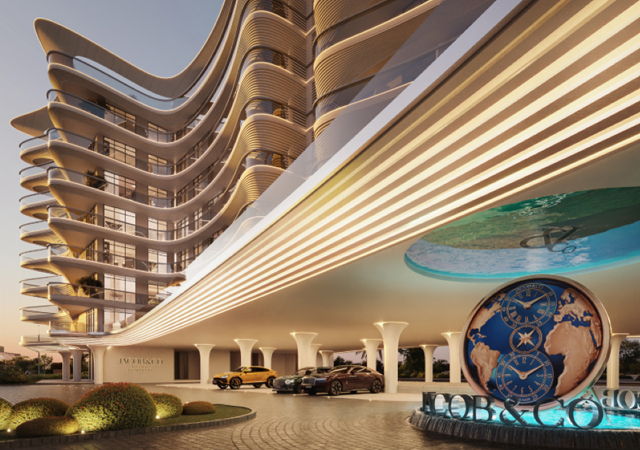
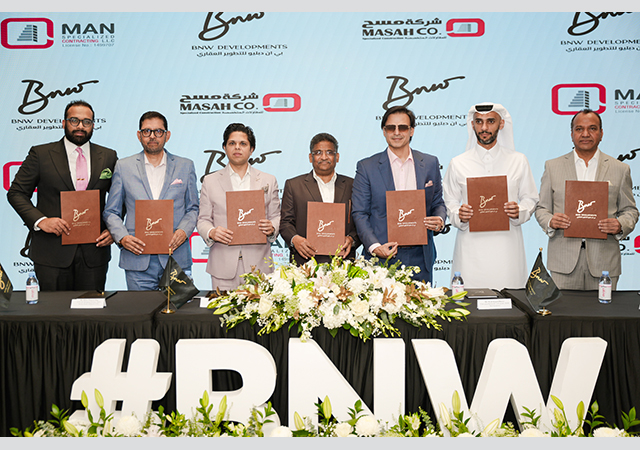
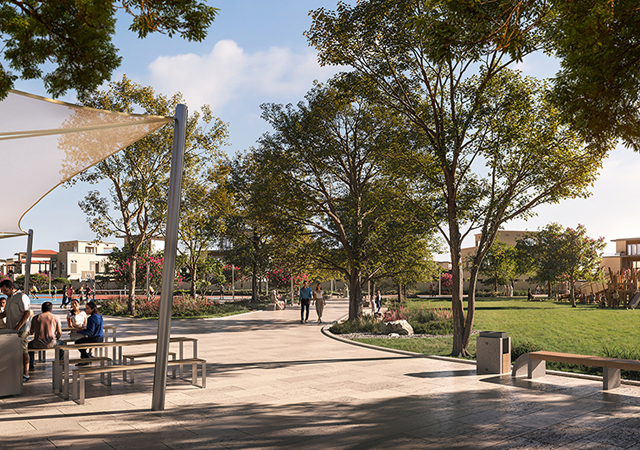
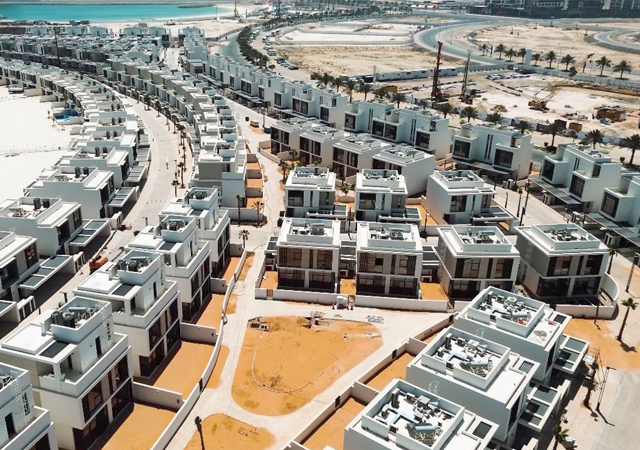
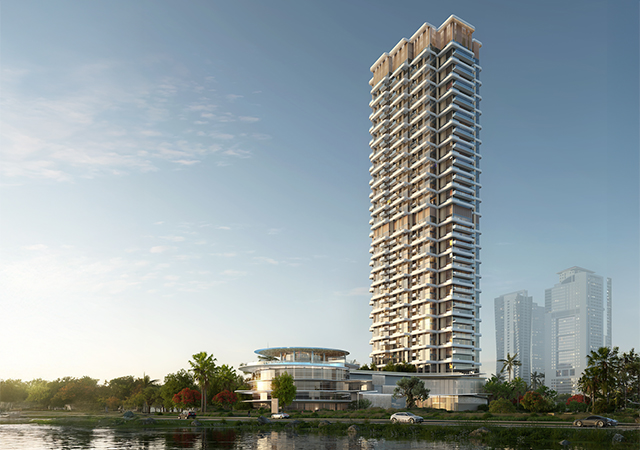

.jpg)
.jpg)
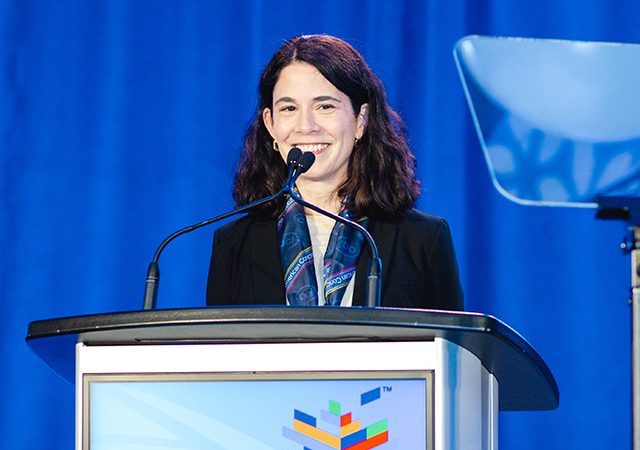
.jpg)
